- Nissan Energy Share: Revolutionizing energy management in Japan.
- Intelligent charge-discharge management for efficient energy utilization.
- Customized for businesses, governments, and local entities.
- From initial planning to ongoing maintenance, Nissan ensures seamless energy management.
What Is Nissan Energy Share?
Nissan Energy Share is a program that allows Nissan EV owners to share their vehicle's battery power with their homes or other Nissan EVs. It's part of Nissan's efforts to promote sustainable energy use and smart grid integration.
Overview
Nissan Energy Share is a pioneering initiative by Nissan that enables owners of its electric vehicles (EVs) to share their vehicle's battery power with their homes or other Nissan EVs.
The system utilizes bi-directional charging technology, allowing EVs to not only draw power from the grid but also to feed electricity back into it when needed. This capability turns Nissan EVs into mobile energy storage units, contributing to grid stability and supporting renewable energy integration.
See also: The Nissan Ariya Is One Of The Safest SUVs Of The Year, According To The IIHS – An Indepth Review
Here's how Nissan Energy Share works:
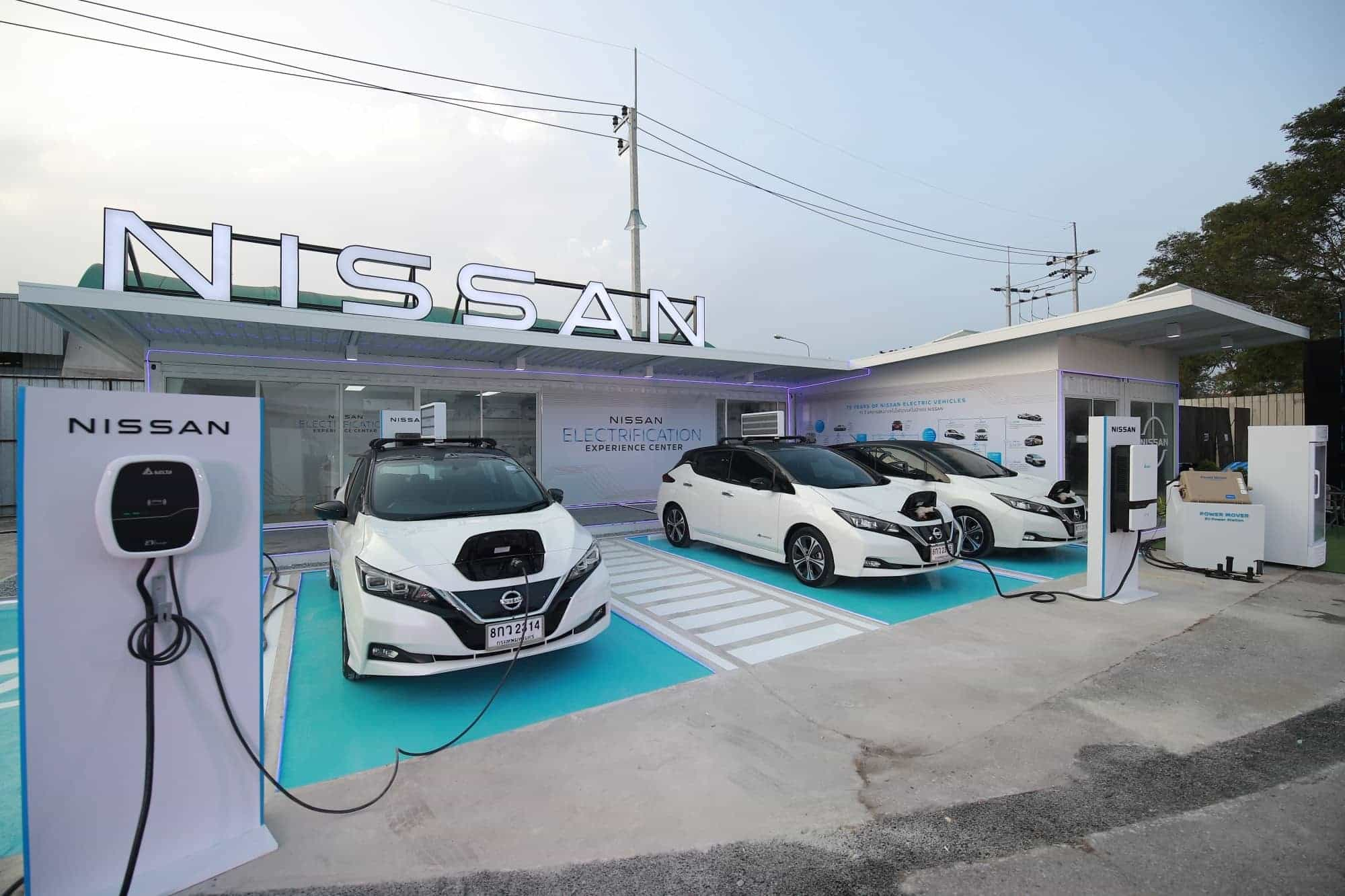
1. Bi-Directional Charging: Nissan EVs, equipped with bi-directional charging technology, can both charge from and discharge electricity to the grid.
2. Vehicle-to-Home (V2H) Integration: Owners can connect their Nissan EVs to their homes during peak demand or in case of power outages, effectively using the vehicle's battery to power household appliances.
3. Vehicle-to-Grid (V2G) Capability: Nissan EVs can also contribute surplus energy back to the grid when not in use, helping to balance supply and demand and support renewable energy integration.
4. Smart Grid Integration: The system is designed to work in tandem with smart grid technology, allowing for optimized energy usage and grid stability.
5. Sustainable Energy Solutions: By leveraging the battery capacity of Nissan EVs, Energy Share promotes sustainable energy use and reduces reliance on traditional fossil fuel-based power sources.
Overall, Nissan Energy Share represents a significant step towards creating a more resilient, sustainable, and interconnected energy ecosystem, where electric vehicles play a crucial role in shaping the future of energy consumption and distribution.
Introduction of Nissan Energy Share in Japan
Nissan Motor Co., Ltd. is set to introduce the groundbreaking Nissan Energy Share service in the Japanese market starting March 1. This initiative is a step forward in leveraging the potential of electric vehicles beyond transportation.
Advanced Energy Management Technology
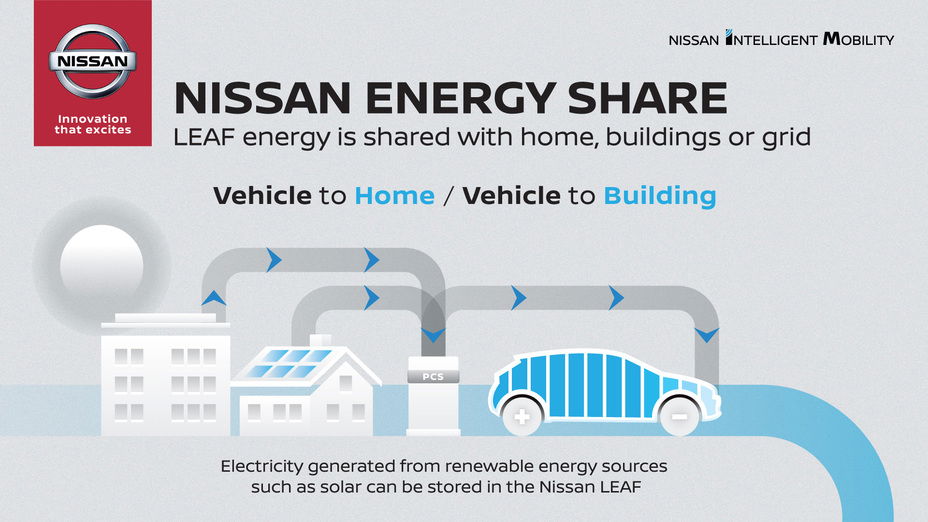
At the heart of Nissan Energy Share is a sophisticated energy management system developed exclusively by Nissan.
This system meticulously manages the flow of electricity to and from electric vehicle (EV) batteries, ensuring efficient charging and discharging processes. Nissan's journey to perfecting its energy management solution has included extensive research and real-world trials.
The company has conducted in-depth studies and field experiments in various places, including Namie, Fukushima, to refine its cutting-edge technology for the autonomous control of EV battery power cycles.
See also: The Nissan Maxima Will Look And Behave Radically Different In 2025
Nissan Energy Share: A Solution Tailored for Businesses and Governments
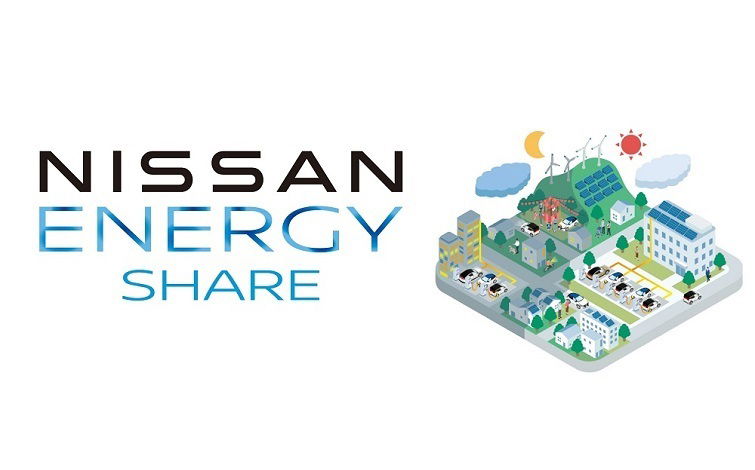
This innovative service is tailored primarily toward the needs of corporate entities, business enterprises, and local government bodies.
Nissan Energy Share is designed to facilitate superior energy management that aligns with the unique requirements and operational contexts of each customer.
Nissan Energy Share promises a holistic service offering that spans the entire lifecycle of energy management solutions. Customers will benefit from a seamless experience encompassing initial planning, system installation, and ongoing maintenance services, all aimed at delivering optimized energy utilization.
Nissan Energy Share: Harnessing EV Batteries for Smart Energy Management
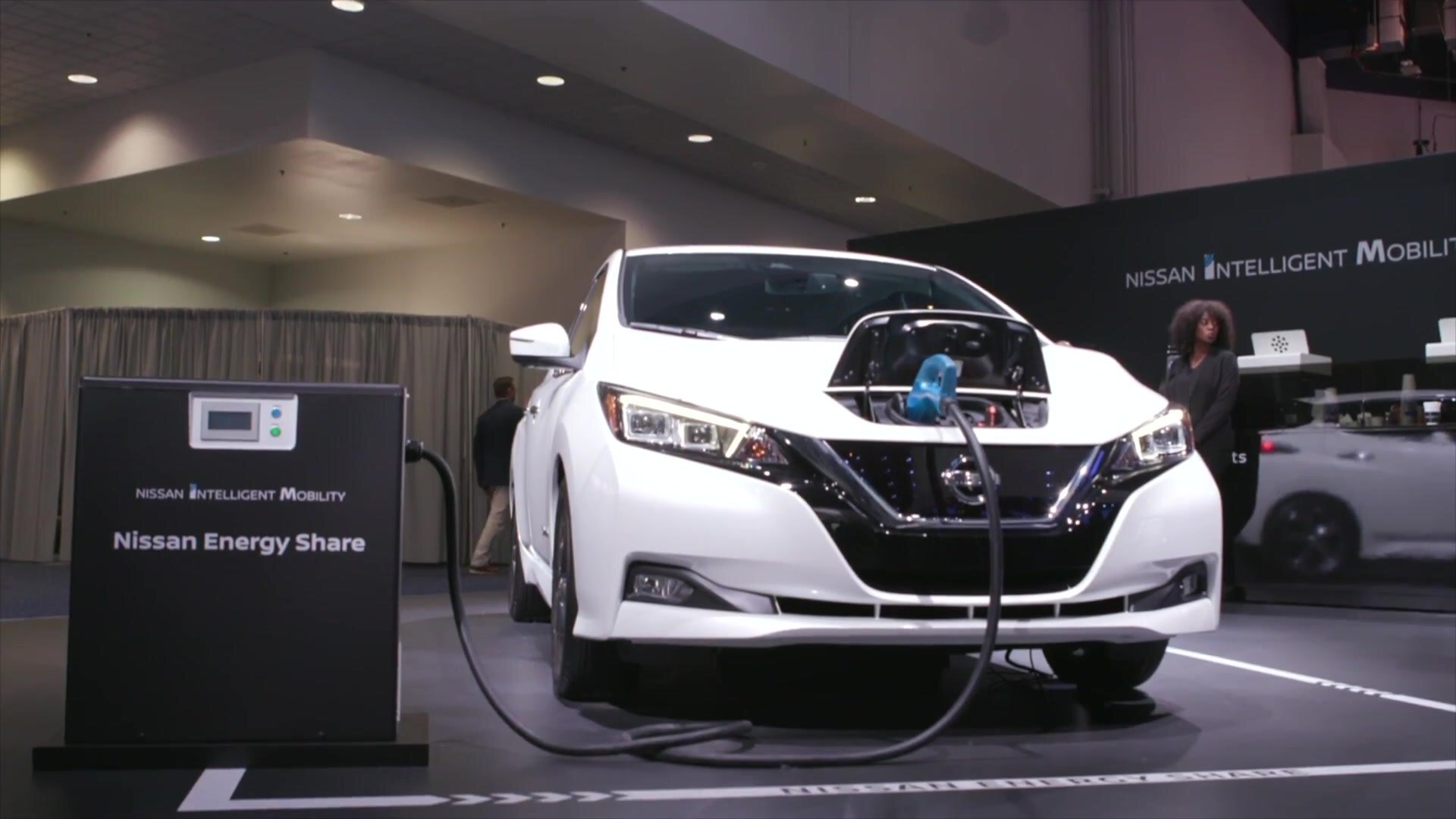
Electric vehicle (EV) batteries serve a dual purpose, not only propelling vehicles but also acting as portable energy reservoirs that can supply power to buildings and communities.
Nissan's innovative approach utilizes these batteries to their fullest through an intelligent charging management system that forms the core of Nissan Energy Share.
Intelligent Charge-Discharge Management
This advanced system is equipped with a controller that interfaces with charging stations or bi-directional charging units. It can predict the energy usage patterns of connected vehicles and gather real-time data on the EV's battery level, as well as the energy consumption within a building.
The system autonomously decides the most efficient times for charging and discharging, ensuring that energy load shifting and peak demand reduction are achieved without impacting vehicle usage or occupant comfort.
Coupled with solar panel integration, Nissan Energy Share enables users to harness and consume renewable energy generated on-site, furthering efforts toward decarbonization.
Core Benefits of Nissan Energy Share
1. Smart Load Shifting
The system's real-time monitoring capabilities allow for intelligent scheduling of EV charging, ensuring that the power demands of the building are met without compromising the availability of electricity for other needs.
2. Peak Demand Reduction
By dispatching energy from EVs to buildings during peak times, the system effectively reduces reliance on the grid, cutting down electricity costs and contributing to a more balanced energy consumption profile.
3. Maximizing Renewable Energy Utilization
Facilities using solar panels can integrate seamlessly with Nissan Energy Share, allowing for more efficient use of solar energy. EVs can be charged during peak solar production and can provide power to the building when solar energy is not available, aligning with the RE100 goals of using 100% renewable electricity.
Comprehensive Support Services from Nissan
Nissan's commitment to customer satisfaction extends to a full suite of services accompanying the deployment of Nissan Energy Share.
Consultation
Customers receive detailed assessments of their energy needs, an overview of potential solutions, and estimates of the impact the system will have on their operations.
System Implementation
Nissan provides tailored equipment recommendations, helps select skilled installation vendors, oversees the initial setup, and manages the progress of the system implementation.
Ongoing Maintenance and Improvement
Clients benefit from regular system checkups, troubleshooting assistance, and performance analyses, along with continuous improvement recommendations based on operational data.
Nissan's Vision for a Sustainable Future
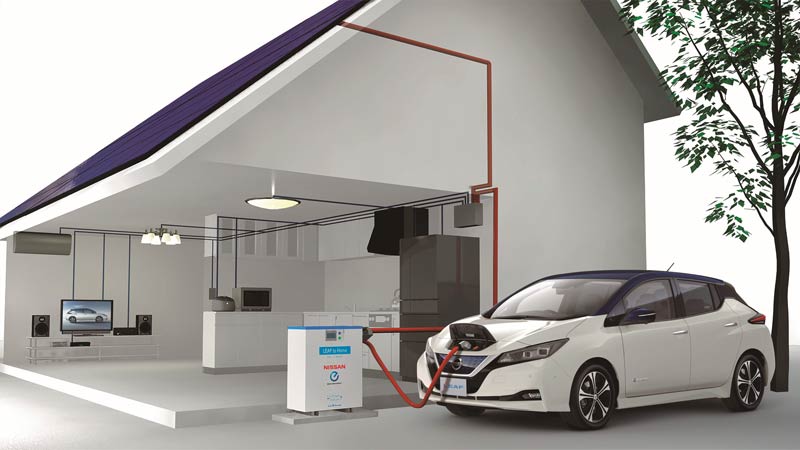
As a leader in the EV market, Nissan's efforts extend beyond vehicle production. The company has been at the forefront of V2H technology and has founded 4R Energy Corp. to repurpose used EV batteries.
Through Nissan Energy Share and its ongoing commitment to research and field testing, Nissan aims to redefine mobility and foster the development of sustainable communities, with carbon neutrality as a core objective.